US says 'remains concerned’ over Iran’s scientific progress amid sanctions
The United States has voiced concerns over Iran’s launch of research devices into space, which marked another major milestone and scientific achievement for the Islamic Republic in the midst of the “toughest ever” US sanctions against the country.
“The United States remains concerned with Iran’s development of space launch vehicles,” a US State Department spokesperson said on Thursday after Iran successfully launched a rocket carrying three research devices into space.
The spokesperson claimed that Iran’s space launch vehicles pose a “significant proliferation concern” and that they “incorporate technologies that are virtually identical to, and interchangeable with, those used in ballistic missiles, including longer-range systems.”
Earlier on Thursday, a spokesman for Iran’s Defense Ministry announced that the country’s domestically-built satellite carrier rocket, Simorgh (Phoenix), launched three research devices in a space research mission that scored yet another achievement for the Islamic Republic’s civilian space program.
“We will speed up work so that we can become one of the six countries that can launch satellites into the GEO (geostationary) orbit,” Ahmad Hosseini said.
Nevertheless, the US spokesperson claimed that Tehran’s space launches violate UN Security Council Resolution 2231.
Resolution 2231 was adopted on July 20, 2015, endorsing the Joint Comprehensive Plan of Action (JCPOA) on Iran’s nuclear program. The US exited the deal on May 8, 2018 to impose sanctions against the Islamic Republic without any legal justification.
According to the resolution, “Iran is called upon not to undertake any activity related to ballistic missiles designed to be capable of delivering nuclear weapons, including launches using such ballistic missile technology.”
The US has occasionally referred to the resolution to condemn Iran’s defensive missile program and its satellite launches.
Iran contends that it has never negotiated over its missile program and that nothing in Resolution 2231 prohibits the country from its defensive missile activities, citing the non-mandatory terminology used in it.
Also, Tehran reassured the world by signing the JCPOA that it does not seek nuclear weapons, citing repeated reports by the International Atomic Energy Agency (IAEA) that certified Iran’s full compliance with the 2015 deal.
Despite Iran’s strict compliance with the JCPOA, the US withdrew from the pact and reinstated harsh economic sanctions against Iran that the deal had lifted.
Tehran fully honored its nuclear commitments under the JCPOA for an entire year after the US withdrawal giving the remaining parties ample time to secure its interests, but as it received no compensation for US sanctions, the Islamic Republic began to gradually and transparently reduce its nuclear commitments, in a legal move under the 2015 pact.
As Iran has pressed ahead with its nuclear advancements, IAEA Director General Rafael Grossi continued to confirm that he doesn’t have “any credible information” that Tehran is seeking a nuclear weapon.
Sanctions failed to hamper Iran’s progress: Analyst
Keaten Mansfield, a political analyst, told Press TV that Iran’s space exploration program shows that US sanctions have not been able to hamper its progress.
He lamented the imposition of severe sanctions by the US government on Iran and other independent countries, saying the sanctions are aimed at hampering the scientific development of the targeted countries.
But Iran has pushed forward despite the sanctions, Mansfield said. “It has endured this, and now we have a launch with three research [devices].”
Political analyst, Keaten Mansfield, says Iran’s space exploration program shows that Western sanctions have not been able to hamper its progress. pic.twitter.com/SqZv4xAzPx
— Press TV (@PressTV) December 31, 2021
“This is the kind of stuff you want to be seeing out of countries. This is how you know that a country is focused on progress and development and science,” the political commentator told Press TV.
He noted that Iran’s scientific progress is reminiscent of the Golden Age of Islam, when Muslims flourished in mathematics and science.
“This is kind of the rebirth and revitalization that the Middle Eastern world, Eurasia, has historically been known for,” he said. “So it’s an exceptional thing to see.”

Iran condemns Israeli war crimes in Gaza, West Bank
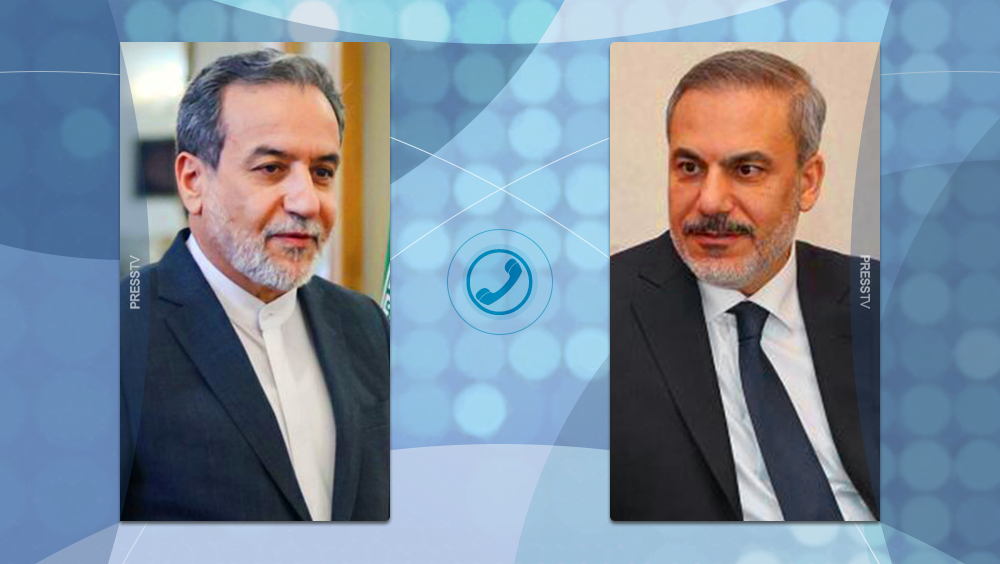
Iran, Turkey foreign ministers discuss Muscat talks, other regional issues
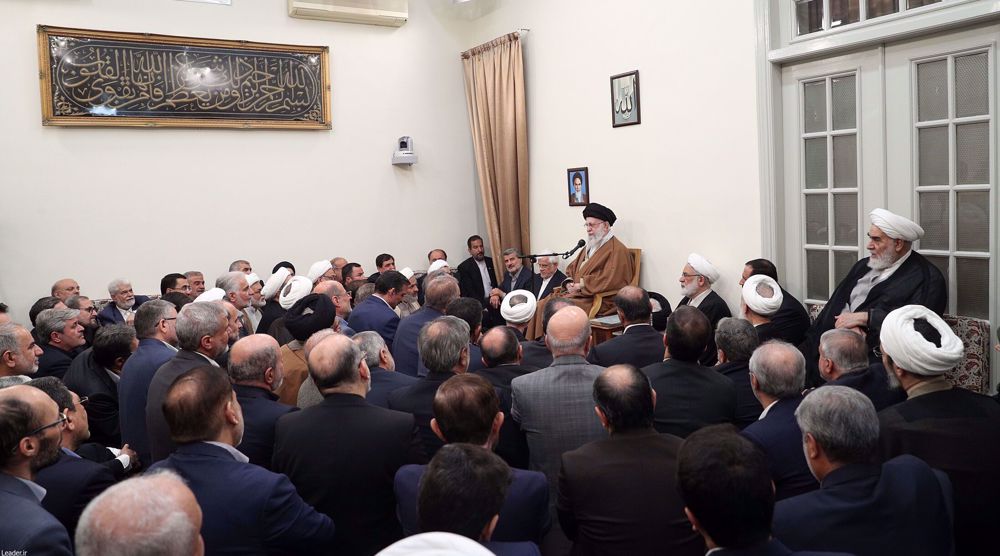
Leader: Indirect Oman talks ‘good’ in early stages but lack of trust 'remains' about other side
Iran summons Argentine envoy over accusations against top officials
VIDEO | Rally against another Columbia student arrest held in New York
VIDEO | Press TV's news headlines
VIDEO | Tehran-Washington negotiations
VIDEO | Iran leads global push to define terrorism after 25 years of debate
US prepares to arm Israel with 1000s more bombs ahead of ‘vigorous expansion’ of Gaza war
Hamas: Surrender not an option; Netanyahu’s murders aimed at securing political future
VIDEO | Your children will return in coffins torn apart by Israeli missiles: Hamas to captives’ families


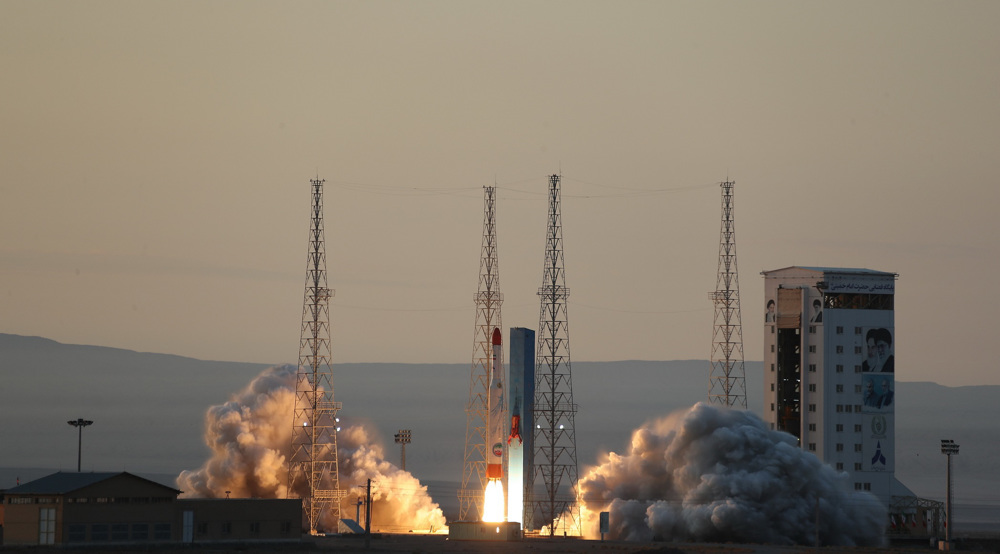
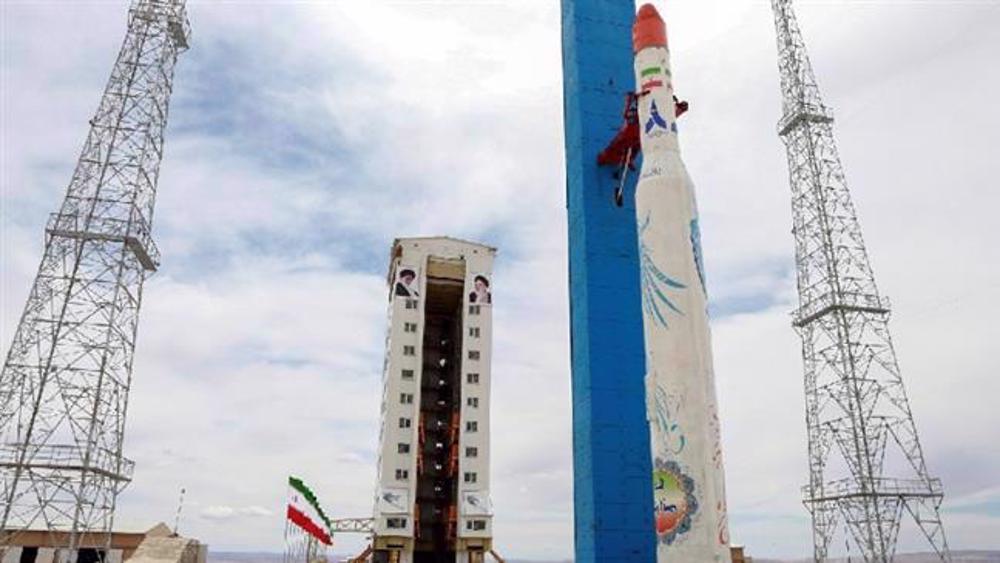
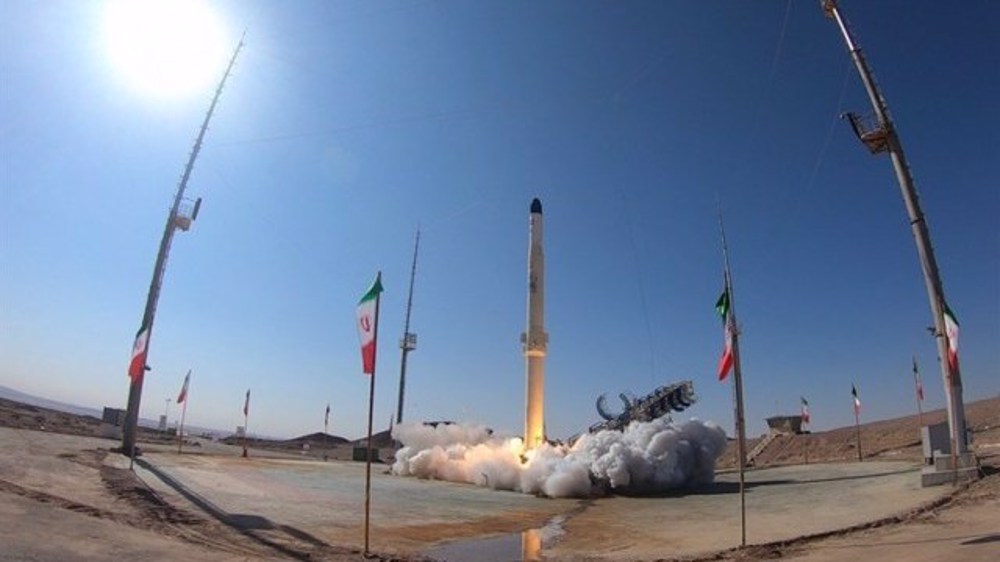



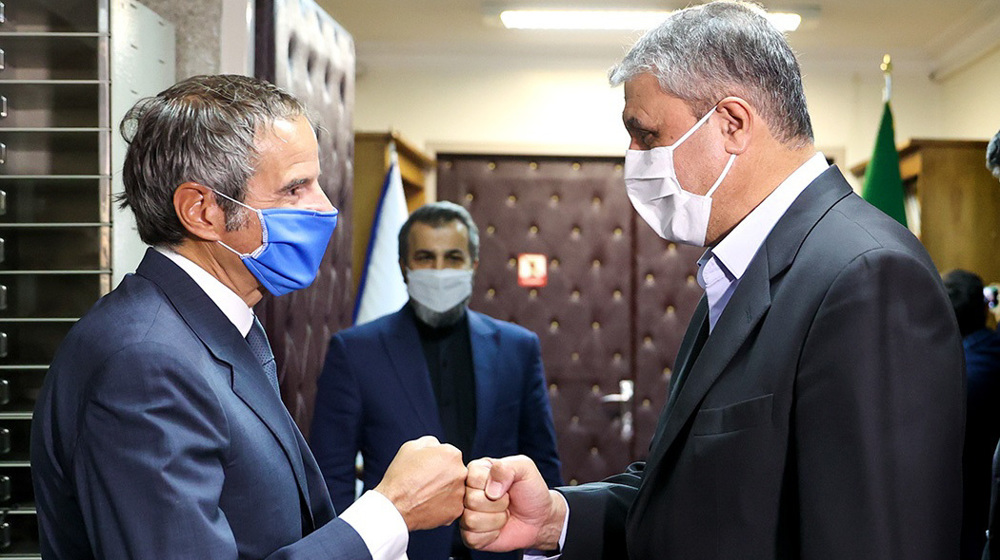
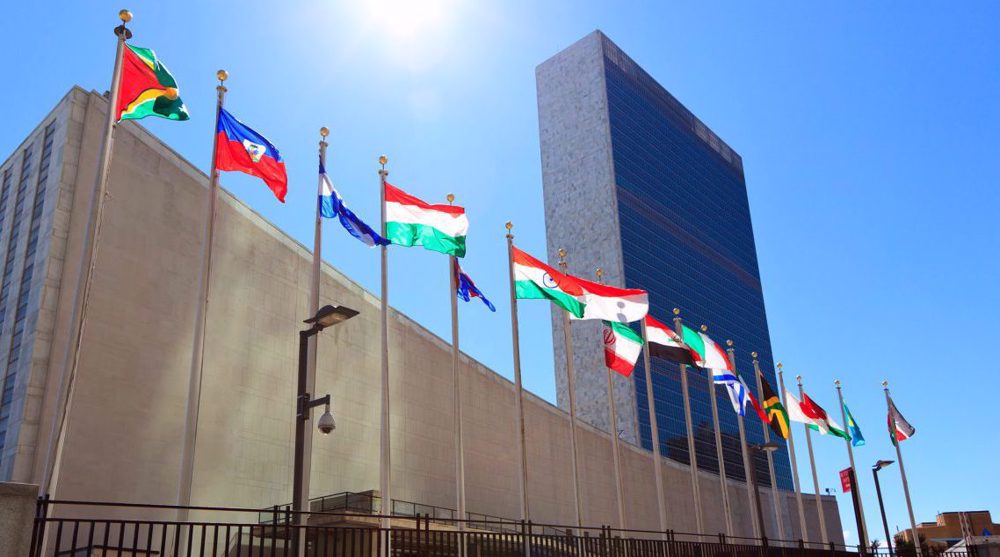
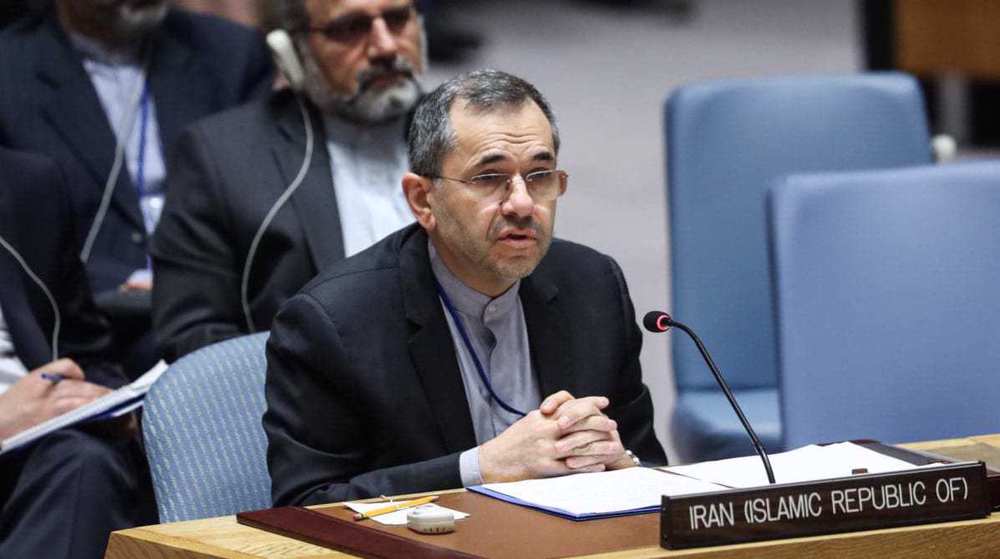
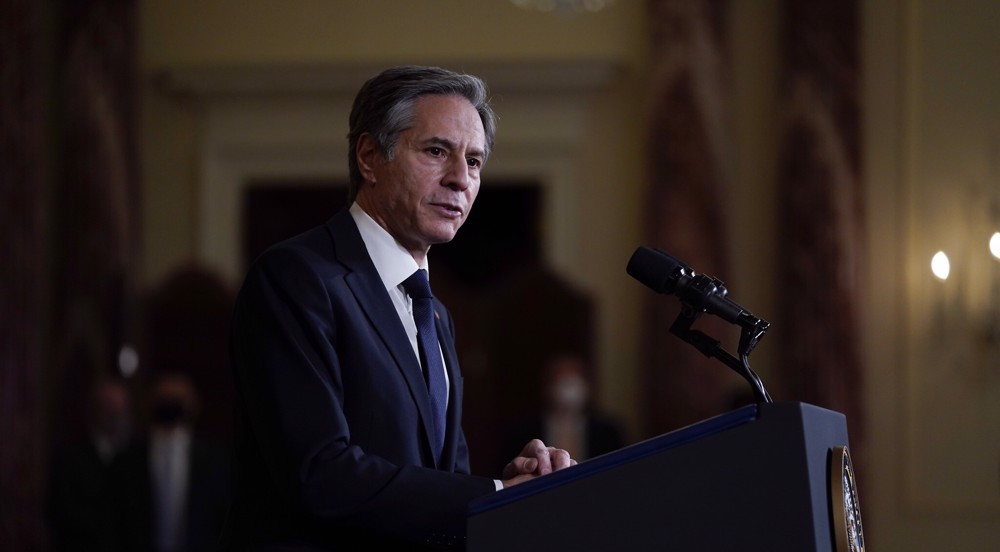

 This makes it easy to access the Press TV website
This makes it easy to access the Press TV website